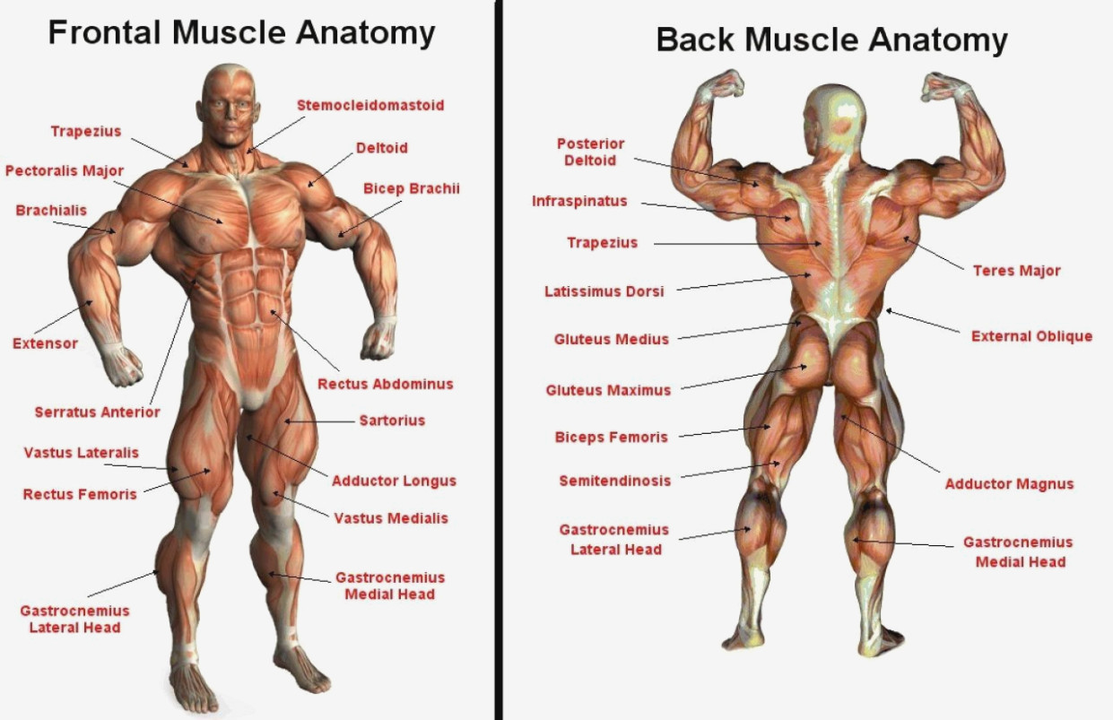Hyponatremia means your blood sodium is too low. Sodium helps balance fluids and keep nerves and muscles working. When sodium drops, cells can swell and that can make you feel sick fast. Some cases are mild and fixable at home. Other times it’s an emergency. Knowing the signs and basic fixes can keep you safer.
Too much water is one cause — especially after long sports events when people drink plain water and don’t replace salts. Medicines matter a lot: some diuretics, antidepressants, and pain drugs can lower sodium. Health conditions like heart failure, liver disease, kidney problems, and SIADH (a hormone imbalance) also cause hyponatremia. Older adults are at higher risk because of medicines and body changes. So are endurance athletes and people who suddenly change how much they drink.
Mild hyponatremia may cause nausea, headache, muscle cramps, or feeling foggy. If sodium keeps falling you can get confusion, drowsiness, seizures, vomiting, or even coma. Sudden confusion, severe headache, loss of coordination, or seizures need immediate emergency care. If you have risk factors and start feeling off, get checked sooner rather than later.
Diagnosis is straightforward: a blood test shows serum sodium. Doctors may also check blood and urine osmolality and urine sodium to find the reason. Don’t try to guess the cause yourself — treatment depends on what’s behind the low sodium.
Treatment choices depend on how low sodium is and how fast it dropped. Mild cases often improve with fluid restriction or stopping a culprit medicine. For someone who drank too much water after exercise, giving small amounts of salty fluids or sports drinks can help under guidance. Serious or rapidly developing hyponatremia may need hospital care and controlled IV therapy with hypertonic saline. Rapid correction is risky too — it can harm the brain, so hospitals correct sodium at a careful rate.
Preventing hyponatremia is practical. If you take diuretics or other high-risk drugs, get regular blood checks. During long workouts, include sodium in your fluids or eat salty snacks. Avoid drinking excessive water quickly. Tell your doctor about symptoms like persistent nausea or confusion — they can check sodium early.
If you’re unsure what’s causing symptoms, or if you’re on multiple meds, ask your healthcare provider about sodium tests. Quick tests and simple fixes prevent most problems. But if you notice severe symptoms — confusion, seizures, fainting — call emergency services right away. Hyponatremia can be managed well with the right steps and timely care.

Does tolvaptan cut hospitalizations in heart failure? Clear 2025 guide: what the evidence shows, who benefits, dosing, safety, and how to use it well.
READ
Hyponatremia, or low sodium levels in the blood, can have a significant impact on muscle strength and function. I recently came across a study that showed how this condition can lead to muscle weakness, cramping, and even paralysis in severe cases. It's essential to maintain a proper balance of electrolytes, including sodium, for optimal muscle health. If you suspect hyponatremia, it's important to consult a healthcare professional for proper diagnosis and treatment. Stay hydrated and keep an eye on your sodium intake to prevent this issue and ensure your muscles stay strong and functional.
READ